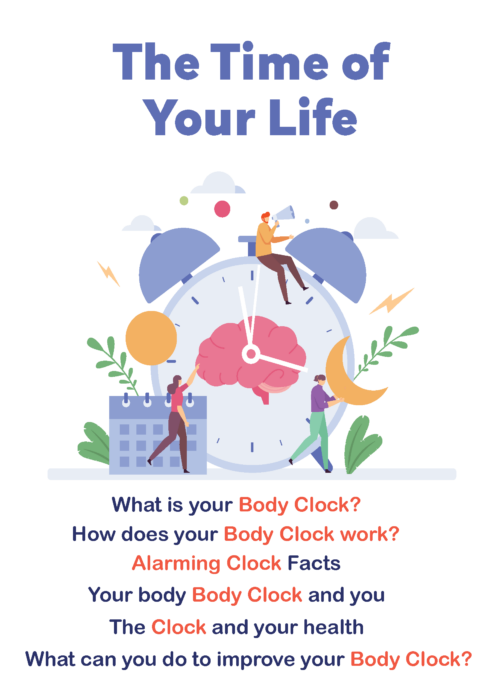Engaging the Public in Scientific Research: A KeyAspect of a Research Career

Engaging the Public in Scientific Research: A KeyAspect of a Research Career
The Laboratory of Molecular Biology (LMB) is committed to facilitating interactive and exciting ways for its scientists to share their research with people of all ages. Through various public engagement activities, researchers can benefit from sharing the advantages of their work, inspiring future generations of scientists, and increasing understanding and support for science more broadly.
Staff Scientist at LMB Reflects on Public Engagement
Andrew Beale, a staff scientist in Dr. John O'Neill's group, aims to understand the mechanisms of daily cellular timekeeping and how the circadian regulation of biological processes is achieved. Here, Andrew shares his personal experiences with public engagement, reflecting on diverse ways to connect with audiences both inside and outside LMB.
A Lifetime of Public Engagement
Public engagement has been a significant component of Andrew's scientific journey from the beginning. Postdoctoral positions included stints at London's Science Museum, where he gained new insights into science's role in society. While return to research eventually became necessary, this period provided valuable experience that has continued to aid him throughout his career.
Engaging with the Public is Satisfying and Important
Engage with the public is not only an opportunity for meaningful conversations but also enhances communication skills, clarifies scientific inquiries, and reinforces personal passions for science. The goal of engagement goes beyond information sharing; it emphasizes making science relevant and accessible to everyone. By doing so, scientists can ensure broader impacts on their work.
Opportunities at LMB
Within the LMB, public engagement is not limited and spans various opportunities. Some notable initiatives include Microscopes4Schools (M4S), The Cambridge Festival & Pint of Science.
Microscopes4Schools encourages school children to explore biology using loaned microscopes while participating in "Meet the Scientist" sessions via Zoom. The LMB group acts as a companion in exploring the realm they work in, guiding young minds toward recognizing how microstructure informs function and clarifying biological phenomena like colors produced without pigment.
The Cambridge Festival features diverse audiences & interactive exhibits. Visitors from toddlers to retirees are drawn to talks on circadian biology, illustrating that the relevance of science is rooted in everyday concerns such as health and wellness, education, environmental sustainability & societal welfare as well as broader discussions & perspectives reflecting people's interests in life.
Andrew presents a historical perspective on circadian biology during a Pint of Science session. A casual dialogue setting invites conversation among individuals with varied scientific backgrounds to foster shared curiosity about life sciences.
Additional Engagements Beyond LMB
In addition to activities within the laboratory, public engagement extends beyond to wider communities like Cambridge University or community societies focused on specific research areas. Andrew holds the position of Public Outreach Fellow for the Society for Research on Biological Rhythms (SRBR), where goals emphasized strategic communication about biological rhythms worldwide.
The first-ever chronobiology Wikithon was recently organized by SRBR as part of a hack-a-thon. Several participants improved, re-edited & created content relevant to chronobiology in a collective effort which attracted over 300,000 viewers for the edited Wikipedia articles – significantly higher than any academic publication in Andrew’s work experience.
Impactful Experiences and Networks
Public engagement experiences enriched Andrew's career significantly, not only facilitating connections within senior networks but also broadening personal growth through new experiences. From fostering curiosity in young minds to improving communication skills, public engagement remains an indispensable component of a research professional's journey.
We Should All Try It!
Encouraging others to engage should indeed be viewed in the same light – because sharing and collaborating is rewarding & pivotal for fostering deeper insights into complex issues as well as enriching our life science community.
